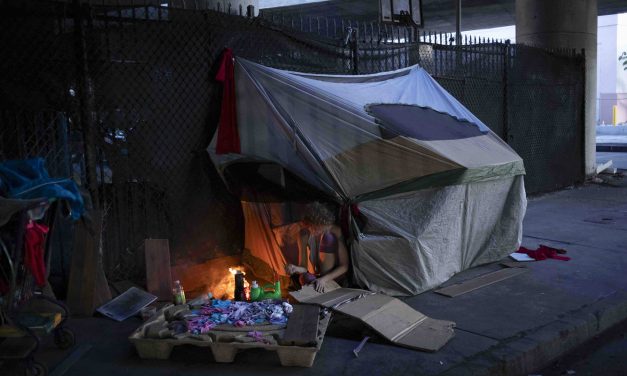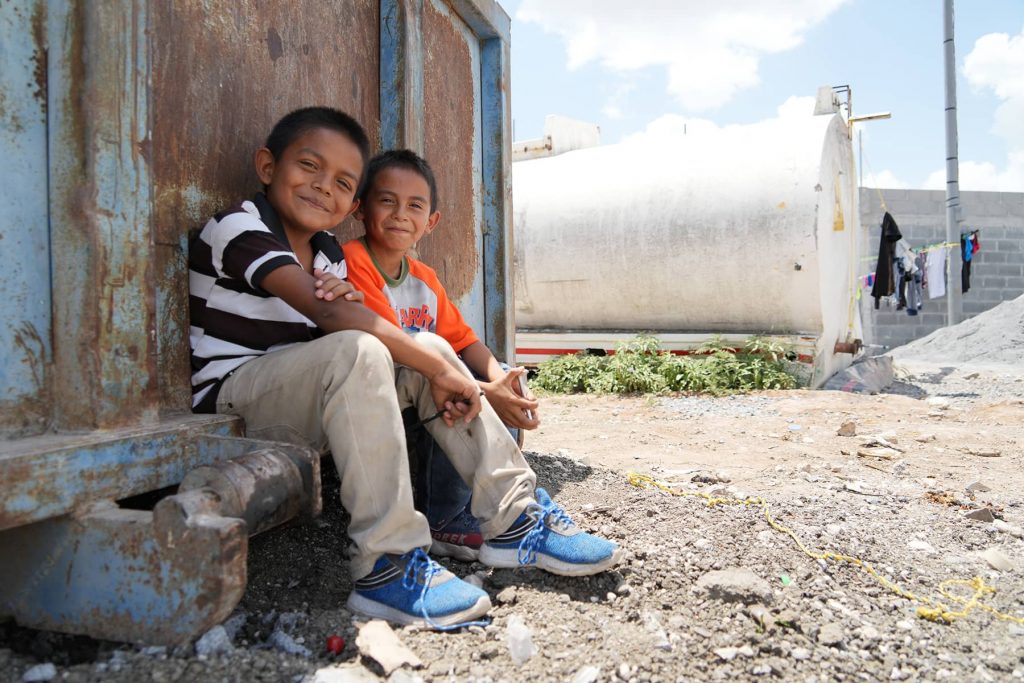Romance scams: Research details how to defend against the scheming tactics of online swindlers
By Fangzhou Wang, Assistant Professor of Criminology and Criminal Justice, University of Texas at Arlington In the Netflix documentary “The Tinder Swindler,” victims exposed notorious con artist Simon Leviev, who posed as a wealthy diamond mogul on the popular dating app Tinder to deceive and scam numerous women out of millions of dollars. Leviev is a flashy example of a dating scammer, but criminal operations also prey on emotionally vulnerable people to gain their trust and exploit them financially. The internet has revolutionized dating, and there has been a surge in U.S. adults using apps to find ideal matches...
Read More














